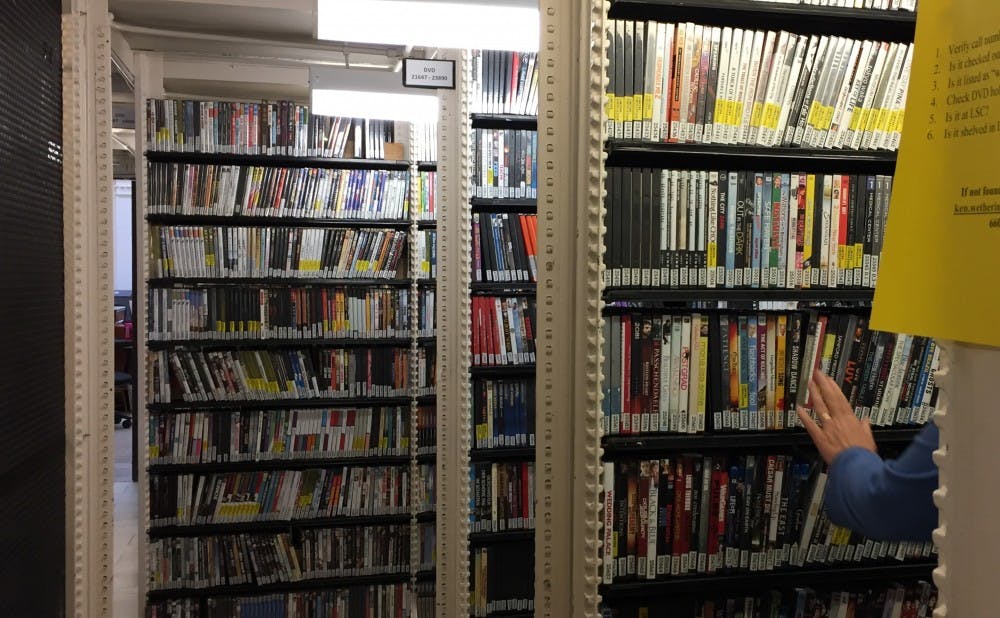As second semester rolls in full force, networking events and cover letter writing workshops abound. Swarms of students contend for a wide variety of summer internships, caught in a mad dash for work experiences to pad their CVs and resumes. My own email inbox is drowning with reminders of application deadlines and tips from the Career Center. In spite of it all, I find myself oddly distant from this frenzy of polished cover letters and sweat-stained suits.
Amid this networking blur, I’ve instead come to realize just how suffocating pre-professionalism is at Duke. In my first article, I reflected upon the modern Renaissance student in an attempt to address my academic indecision. While I touched upon the issue of pre-professionalism, I fell short of genuinely criticizing this aspect of campus culture. But as Duke explodes with internship opportunities and job recruitment, I can’t ignore the pervasive problems connected to this obsession.
A culture of pre-professionalism undoubtedly rages across campus, spreading its tendrils to flocks of impressionable, emerging adults. And I get it: we need to be thoughtful and logical about our futures. Higher education is largely predicated upon the idea of workforce readiness. We declare a major, stumble through four expensive years of education, equip ourselves with the ethos and experience to present to future employers and get a job—all to survive the brutal monotony of the “real world.” Because of this procedural, linear progression, college students have likewise adopted more “practical” realities. Long gone are the childhood whimsies filled with fun and imaginative professions—of astronauts, wizards, detectives and entertainers. And at Duke, it seems as though vocational diversity has lost its appeal. Besieged by mobs of pre-med students and future consultants, the idea of life itself beyond Duke has taken such a narrow definition, encapsulated in a single question: Are you pre-med or consulting?
The epidemic of pre-professionalism at Duke spills into the classroom, influencing students’ academic tracks. But perhaps more concerning than course selection are the incessant complaints against mandatory liberal arts requirements. I see people blistering with frustration that they have to sit through upwards of three entire semesters of a foreign language. I watch as people roll their eyes at the sheer preposterousness of “being Pratt” or “being pre-med” and having to take those God forsaken humanities classes. I listen as people moan and groan about how stupid and pointless the Areas of Knowledge and Modes of Inquiry are. These grumblings aren’t imagined: I hear it in the common room; I hear it in West Union and Marketplace; I hear it on the C1.
I understand that the current system has its flaws. And I recognize that everyone has their own passions and interests. But I find it hard to be sympathetic to people so close-minded that they can’t even scrounge up basic appreciation of other fields of inquiry. However, my purpose is not to criticize students for their academic interests or future career plans. My purpose is to provoke thoughtful conversations on the collective wisdom Duke has to offer.
There is every opportunity here to personalize the learning experience and push the boundaries of knowledge. Duke is unique in that it doubles as both a liberal arts institution and a cutting-edge research university. Covering a wide umbrella of interests and interdisciplinary focuses, I’m proud to call Duke my intellectual home. And yet, somehow, I feel like I’m sequestered in the future-occupational minority here. I’m neither pre-med nor plan on going into consulting. I had thought I escaped the smothering grip of pre-professionalism when I came to Duke, only to find myself gasping for breath as I attempt to stay afloat on a campus swimming with job recruiters and professional internship opportunities.
Suffice it to say, Duke is going through an identity crisis. While giving every appearance of being a liberal arts school, the preponderance of the student body shows a clear inclination toward pre-professionalism. This incongruity between the university’s academic mission and the realities of the student culture cannot persist without collapse. For a campus to exist in such ideological extremes is already precarious, and as disheartening as it is to admit, it seems as though some students are irrevocably fixated on the diploma and not discovery. What ensues is an academic assembly line that churns out identical Duke grads. But to simply float through four empty years at Duke, not pursuing what you are passionate about, I think is outright sacrilegious. I believe that students should come to Duke eager to ignite their academic and personal explorations and actually be able to implement them. This doesn’t mean throwing yourself in the vocational status quo, but taking a step back and considering the value of a Duke education as a whole.
You chose Duke. Maybe because of the name, the prestige or even the gothic architecture. And perhaps you chose Duke because of its outstanding alumni network. But whatever the reason is, I hope you realize that your education means more than a degree or a professional network.
Catherine McMillan is a Trinity first-year. Her column usually runs alternate Fridays.
Get The Chronicle straight to your inbox
Signup for our weekly newsletter. Cancel at any time.

